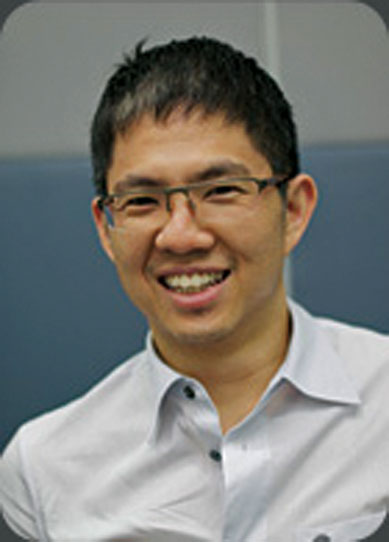
Mr Johnson Chen, Clearbridge BioMedics
Early detection, complete cure and curbing relapse are big challenges in cancer therapy. Many biotechnology companies have made huge investments in terms of money and time to device ways in order to control the spread of the disease.
Circulating tumour cell microfiltration system is one such solution developed to capture, count and most importantly, retrieve rare viable circulating tumour cells directly from the blood. Developed by Singapore-based Clearbridge Biomedics, the technology exploits biomechanical and size differences of circulating tumour cells (CTCs) and blood cells to isolate and later retrieve these rare cells. The company has developed a breakthrough non-biomarker solution that enables rapid cancer detection and allows targeted cancer treatment.
Leveraging on a microfluidics technology licensed from National University of Singapore, the ClearCell System comprises patent-pending microfluidic CTChips, which can effectively detect and isolate wholly-intact CTCs from small quantities of patient blood samples.
CTCs are extremely rare cells that detach from a primary tumor and circulate in the bloodstream. Capturing and counting them to conduct cancer diagnostics, screen and do post-cancer monitoring allow clinicians to make timely and life-saving decisions.
One of the problems with the current CTC systems is that they are expensive and rely on the use of bio-markers to bind the cells. However, not all CTCs express these bio-markers. Moreover, expression of biomarkers can be down-regulated during disease progression. Consequently, CTCs may be missed or the estimated numbers could be inaccurate.
The ClearCell system provides a highly sensitive label-free method to capture and enumerate CTCs in peripheral blood. The separation of CTCs from blood cells in the ClearCell system is achieved through exploiting the different biomechanical deformation properties of the various cells found in blood. This novel method demonstrates superior isolation efficiency achieving up to 80 percent on some sample types. This promising data may empower researchers and clinicians to produce better diagnoses and more accurate monitoring of cancer development, as well as validating the chosen cancer therapies used for their patients.
Founded in June 2009 by Professor Lim Chwee Teck, Mr Johnson Chen and Mr Chong Chee Wah, Clearbridge BioMedics will take the ClearCell system, presently being used in research, towards clinical diagnostic and companion platform for cancer screening, prognostic and diagnostic applications. The system aims to be the next generation of non-invasive liquid biopsy approach for cancer screening, diagnosis, staging, personalised medication, and treatment monitoring.
"We are also enhancing and optimizing our CTChip for various other cancer types. The company will be working to build partnerships with key opinion leaders in the cancer diagnostic and research space. We have plans to submit our system to the national regulatory authorities for approval as clinical diagnostics in the next two-to-three years," says Mr Johnson Chen.
Clearbridge BioMedics secured the Spring TECS POV grant and completed the development of its first generation commercial prototype in 12 months on an aggressive timescale. "We launched and made first generation ClearCell system and CTChip microfluidics biochips available for research customers globally," adds Mr Chen.
Founders of the company say this invention has the potential to revolutionize cancer treatment worldwide and can have a great impact on the entire cancer management and treatment process.




